Chive Companion Plants – Companion Planting With Chives In The Garden
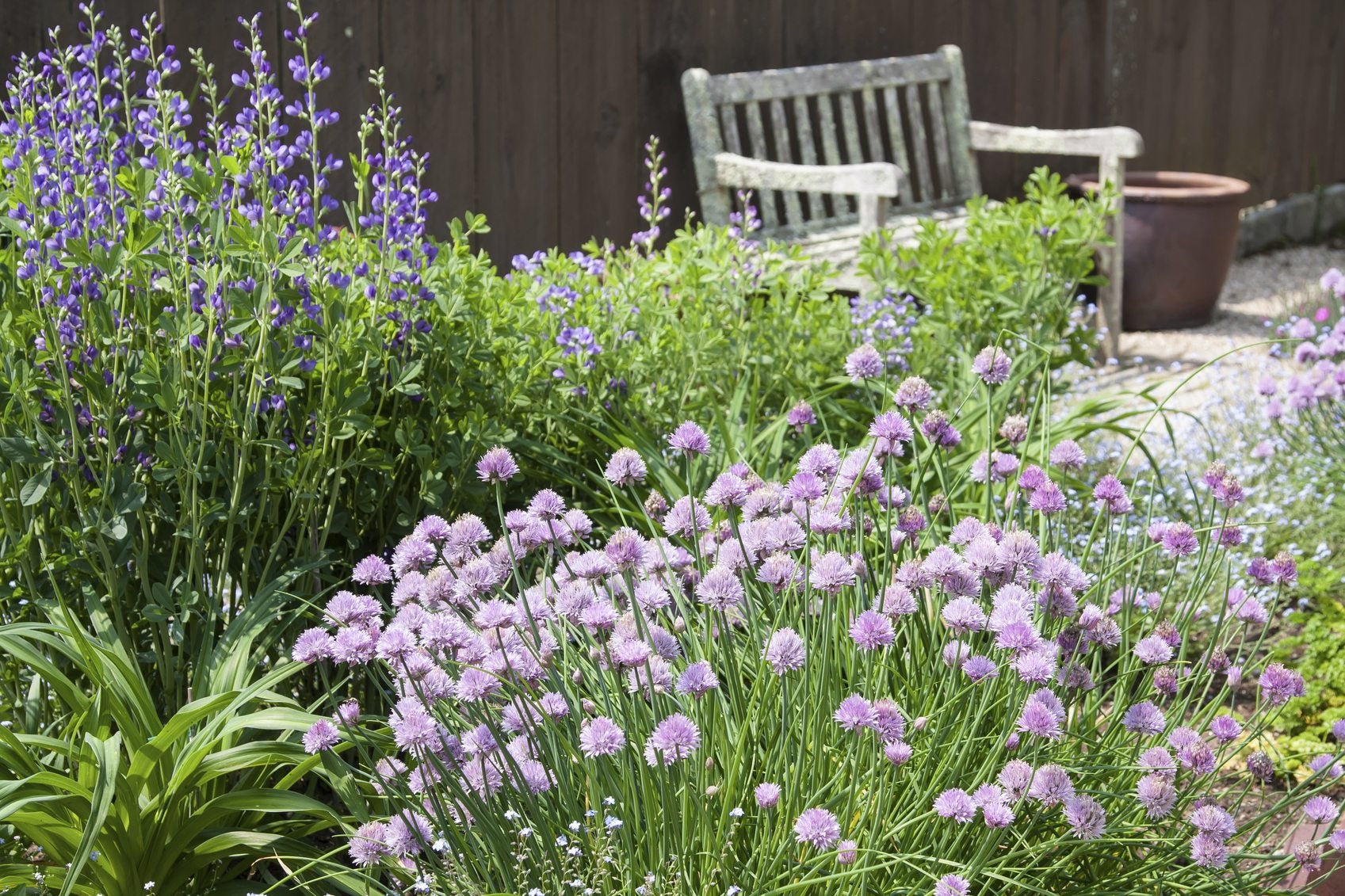

You know you are in heaven when you have fresh chives at hand to adorn meats and cheeses, season breads and soups, or simply add their fresh, lightly oniony flavor to a salad. Chives are an essential part of any culinary garden and dry wonderfully for winter use. If you are planning a kitchen garden and wondering what to grow near chives, wonder no more. There are a host of perfect chive plant companions for texture, color, and flavor.
What to Grow Near Chives
Companion planting isn't anything new. Our ancestors knew what plants seemed to benefit from being close to each other, whether as a repellent, disease indicator, support, soil enhancer, or any other reason. Chives have a sulfur-based oil that is the heart of the flavors we enjoy but can also be a deterrent to many pests. They also have large, tufted, purple flower heads that are a bee magnet and draw pollinators to your garden. In almost every case, it doesn't matter what you plant them near, as companion planting with chives has a host of positive results. Many gardeners swear by using chives near roses to help repel black spot and enhance growth. Chives are also said to ward off Japanese beetles, a common pest of roses and other ornamentals. If you plant chive near apple trees, it seems to have the ability to prevent apple scab and deter borers. Grapes are excellent companion plants for chives, as the Allium seems to help prevent insect pests and increase pollinating visitors, thus enhancing yields. If you do add chives to the vegetable garden, you will see a number of benefits. The oils in the plant repel numerous insects, and the pollinators it attracts help increase fruit and vegetable yields. For instance, chives can increase the length and flavor of carrots when in proximity, and repel aphids from celery, lettuce, and peas. They also repel cucumber beetles, which can make a mess of your Cucurbit crop. Tomatoes benefit from their odorous oils and attractive flowers. Herbs seem natural companion plants for chives and, indeed, they are. Place chives in your herb pots for quick, delicious additions to any dish.
Companion Planting with Chives
Chives are such attractive plants it is a shame to keep them in the vegetable garden alone. While it may seem that chive plant companions derive much from simply being near the plants, there are other ways chives can be helpful in the garden and home. Dried chive flowers are wonderful in an everlasting bouquet and keep much of their purple color. Mix chives and water in a blender with a little dish soap for a repelling pest spray on most plants and to deter powdery mildew on vegetables. Ornamentally, the chive plant has lively, slender green foliage and those wonderful fluffy flowers, making them perfect to enhance a perennial garden or herbal container. As an added bonus, chives can be cut and come again several times in one season. Dry them or cut them into small pieces and freeze them so you can enjoy them year-round.
Gardening tips, videos, info and more delivered right to your inbox!
Sign up for the Gardening Know How newsletter today and receive a free copy of our e-book "How to Grow Delicious Tomatoes".

Bonnie Grant is a professional landscaper with a Certification in Urban Gardening. She has been gardening and writing for 15 years. A former professional chef, she has a passion for edible landscaping.
-
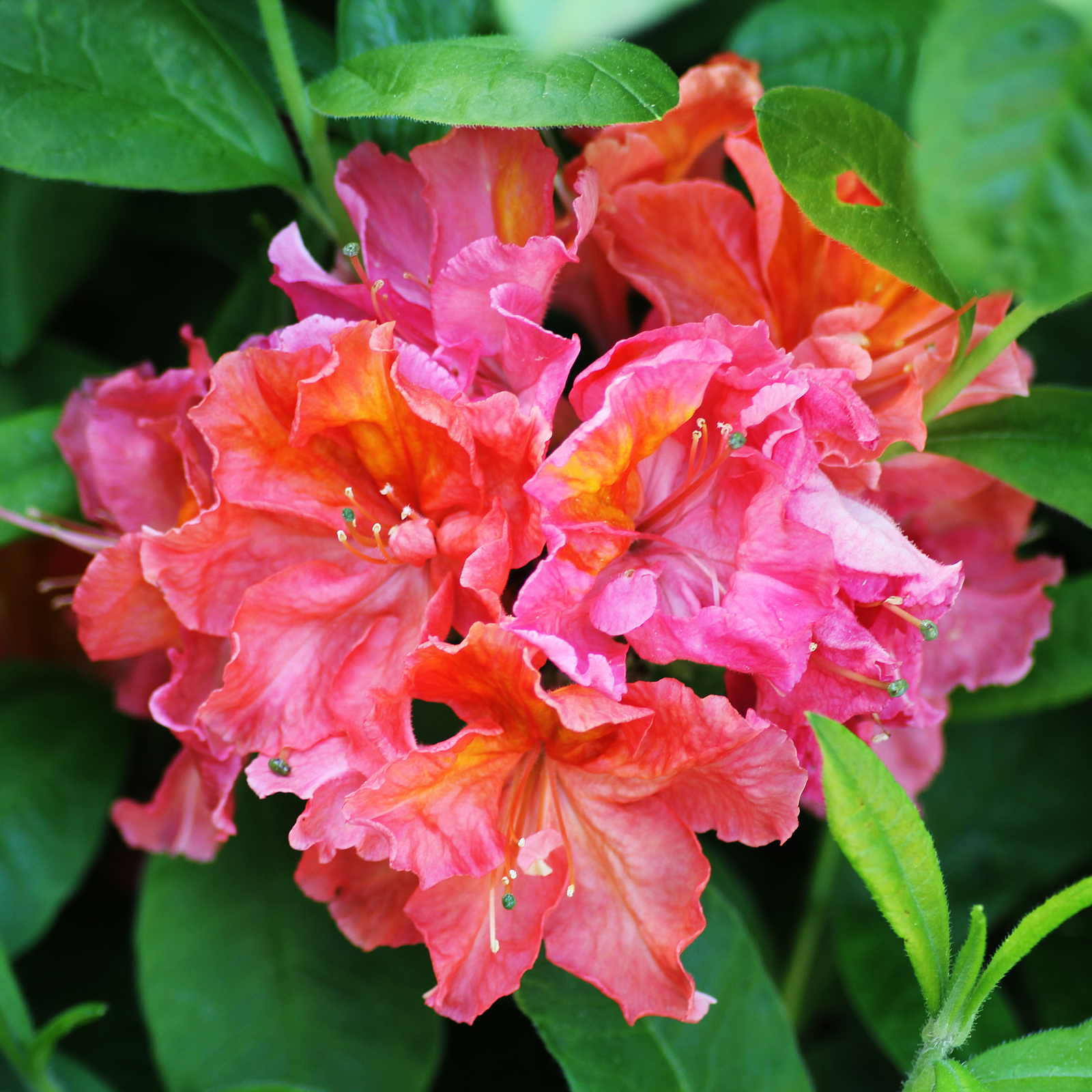 8 Noteworthy Native Azaleas Every Gardener Should Know – And Grow!
8 Noteworthy Native Azaleas Every Gardener Should Know – And Grow!Native azaleas offer brilliant blooms in a range of colors and sizes. Here are a few favorites to get inspired and start working on a native shade garden!
-
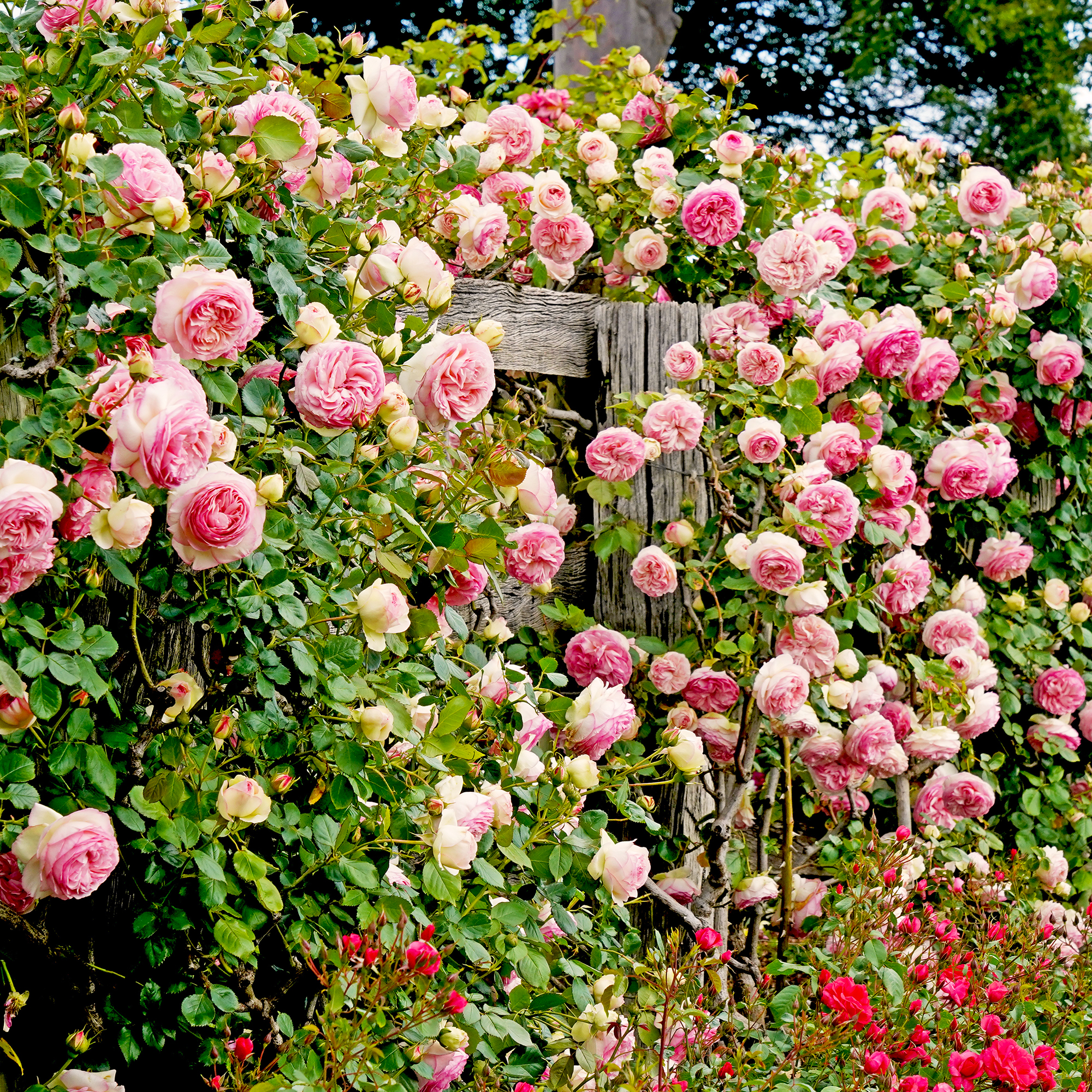 Growing Climbing Roses: How To Create Elegant Displays With Maximum Blooms
Growing Climbing Roses: How To Create Elegant Displays With Maximum BloomsMaster the art of growing stunning climbing roses with this essential guide to creating vibrant, fragrant walls and structures all summer long.
-
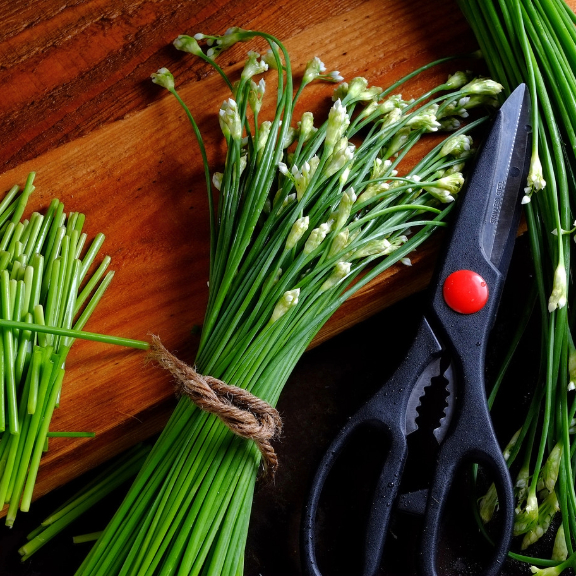 Garlic Chives Information
Garlic Chives Information -
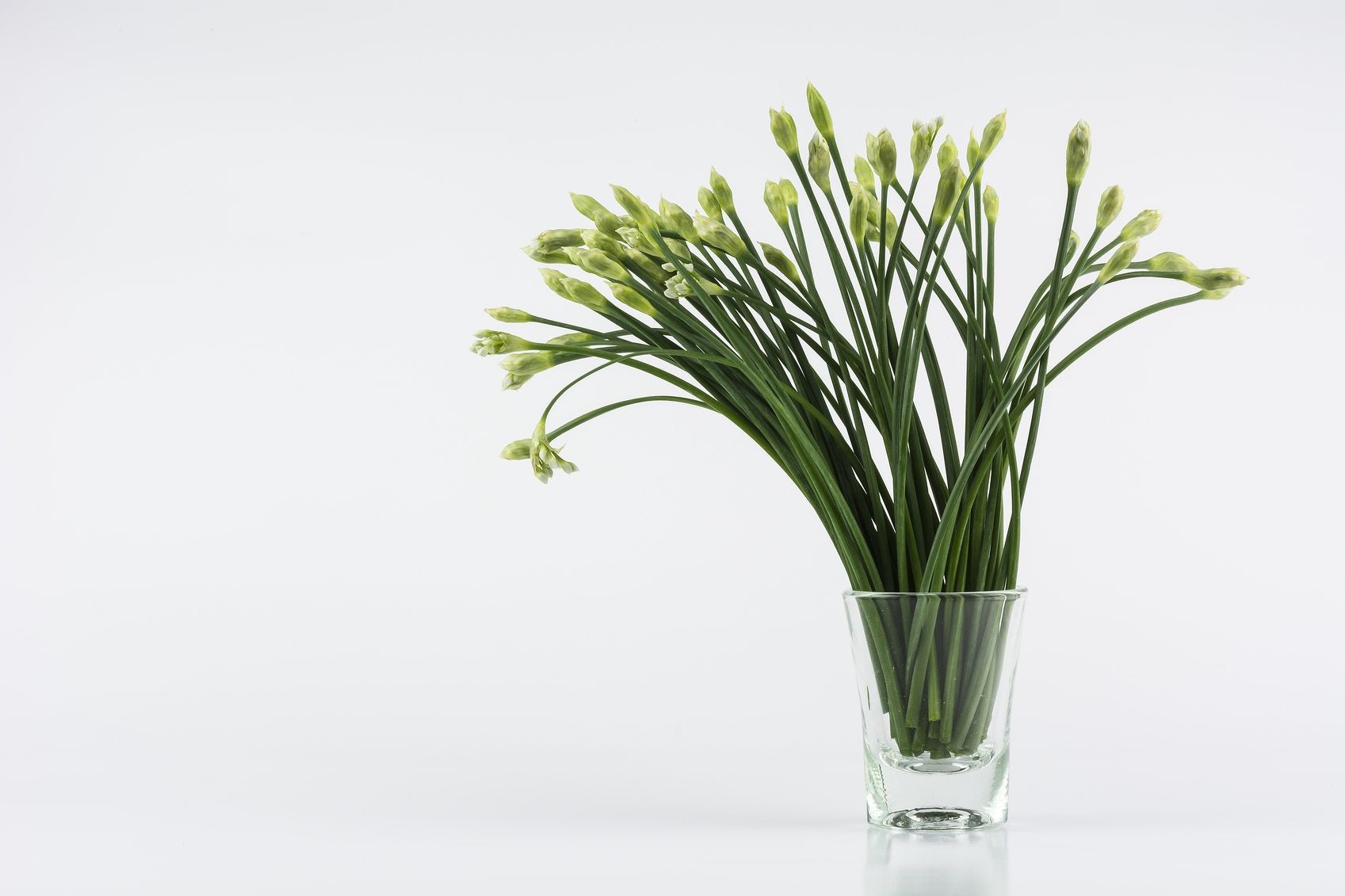 How To Regrow Garlic Chives: Growing Garlic Chives Without Soil
How To Regrow Garlic Chives: Growing Garlic Chives Without SoilJust one garlic chives bulb will produce tons of slender, green leaves to zest up recipes. Read on to learn how.
-
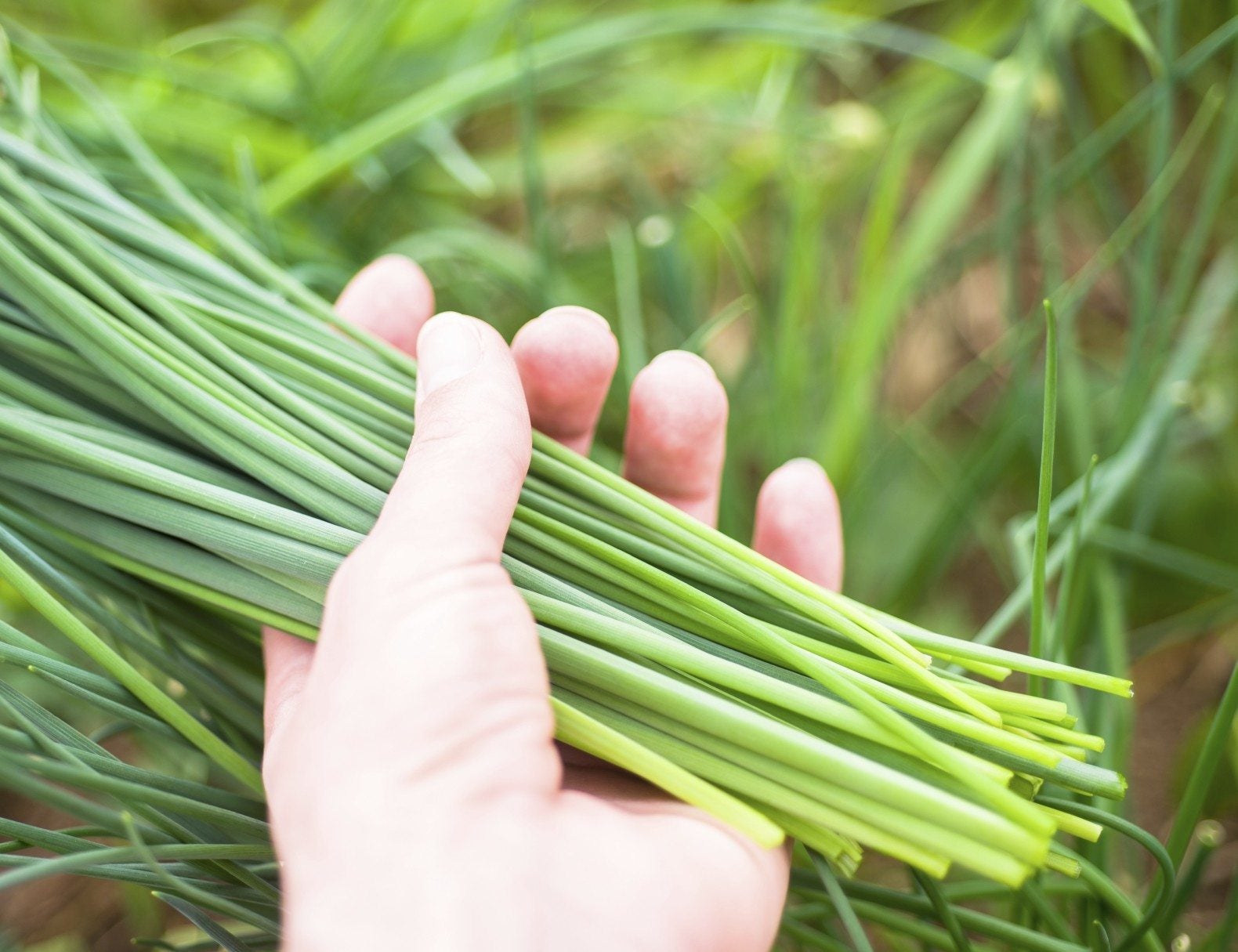 Chive Plant Harvest: How And When To Harvest Chives
Chive Plant Harvest: How And When To Harvest ChivesChives make a great addition to the garden, both for their onion-tasting leaves and pretty blossoms. The question is, when and how to harvest chives. Click this article to find out more information regarding the harvesting and storing of chives.
-
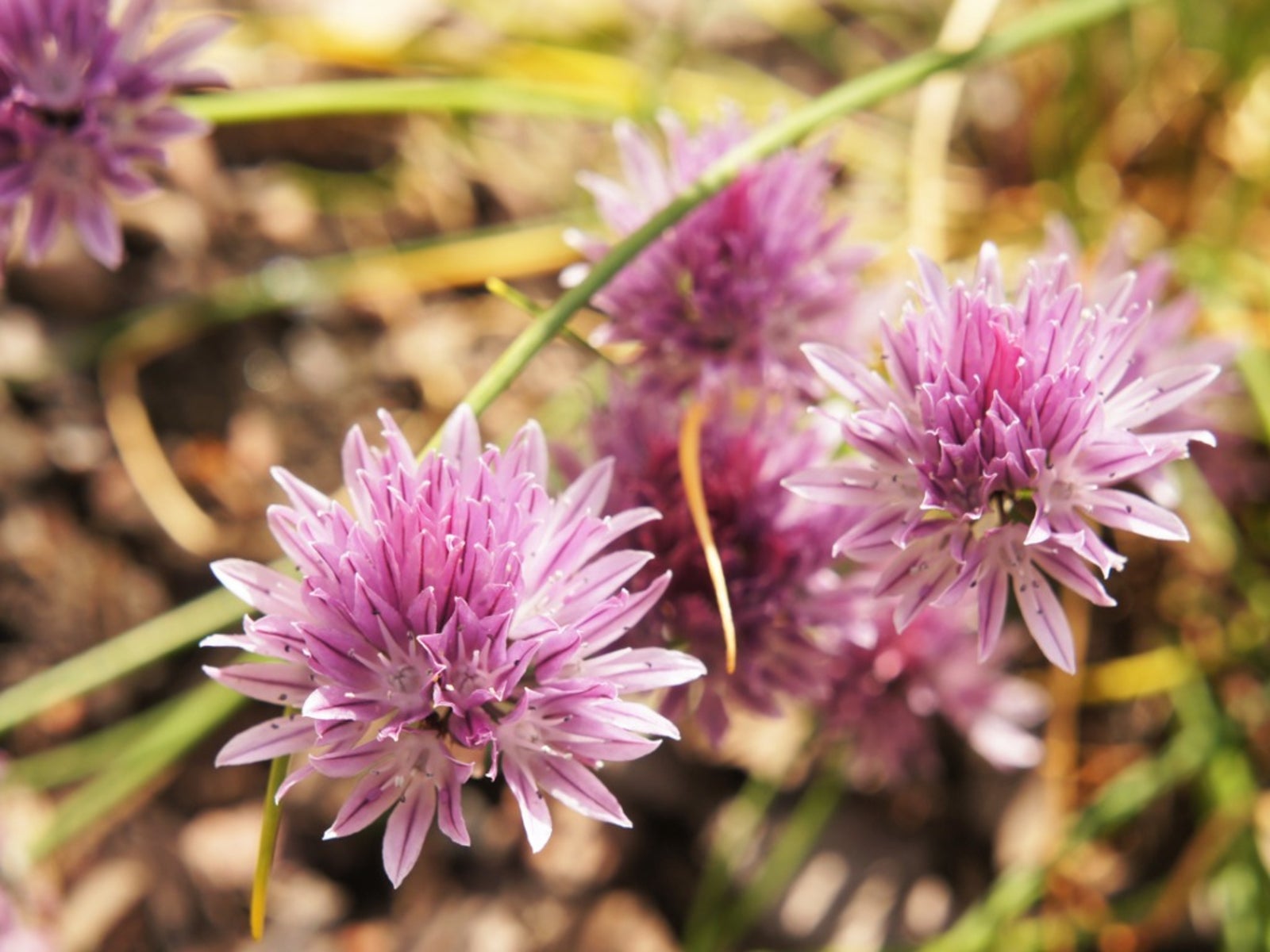 Wild Chives Identification: Are Wild Chives Safe To Eat
Wild Chives Identification: Are Wild Chives Safe To EatWe cultivate our chives amongst our herb beds, but did you know that wild chives are one of the most common and easy-to-identify wild-growing plants? What are wild chives and are wild chives edible? Click here to find out.
-
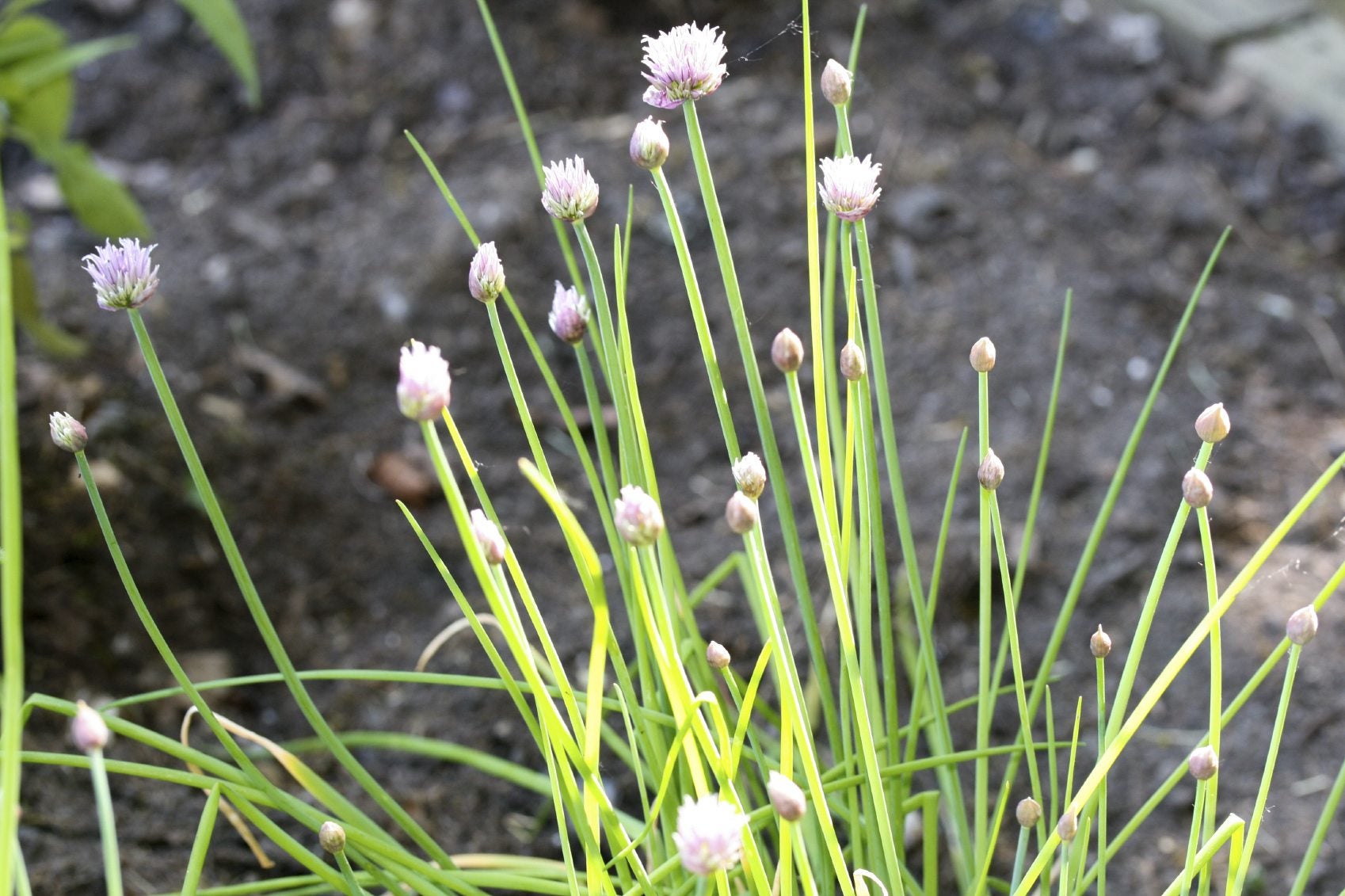 Controlling Chives: Tips On Ridding Lawns Of Chive Plants
Controlling Chives: Tips On Ridding Lawns Of Chive PlantsA problem with growing chive plants is that they're not always well behaved. They can escape their boundaries and pop up in places where you don't want them - including your well-tended lawn. Read this article for helpful tips for controlling chives.
-
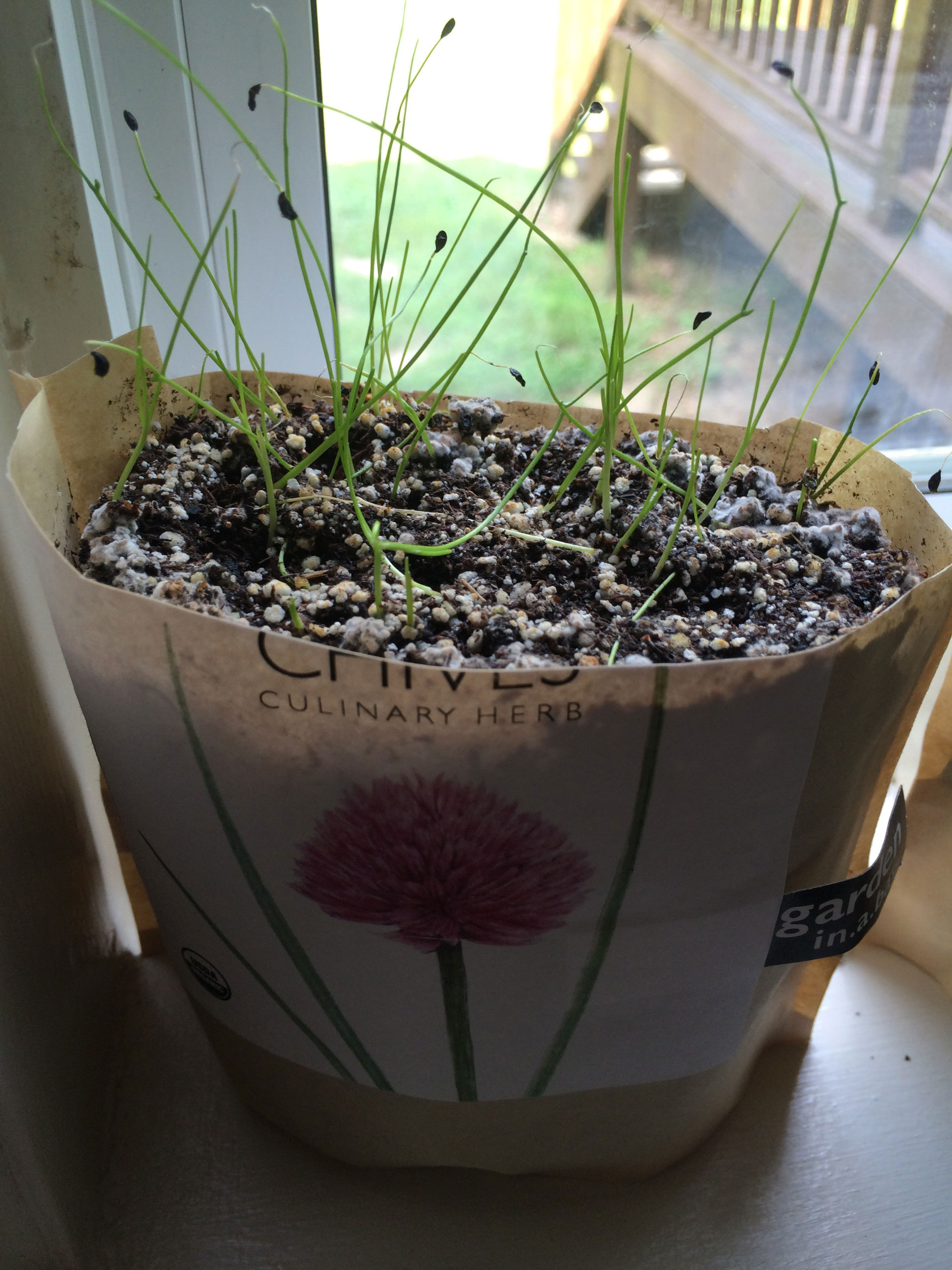 Chive Seed Planting: Tips For Growing Chives From Seed
Chive Seed Planting: Tips For Growing Chives From SeedChives (Allium schoenoprasum) make a wonderful addition to the herb garden. Chive seed planting is the most common method of propagation. So, how do you grow chives from seed? Read this article to find out so you can get started.
-
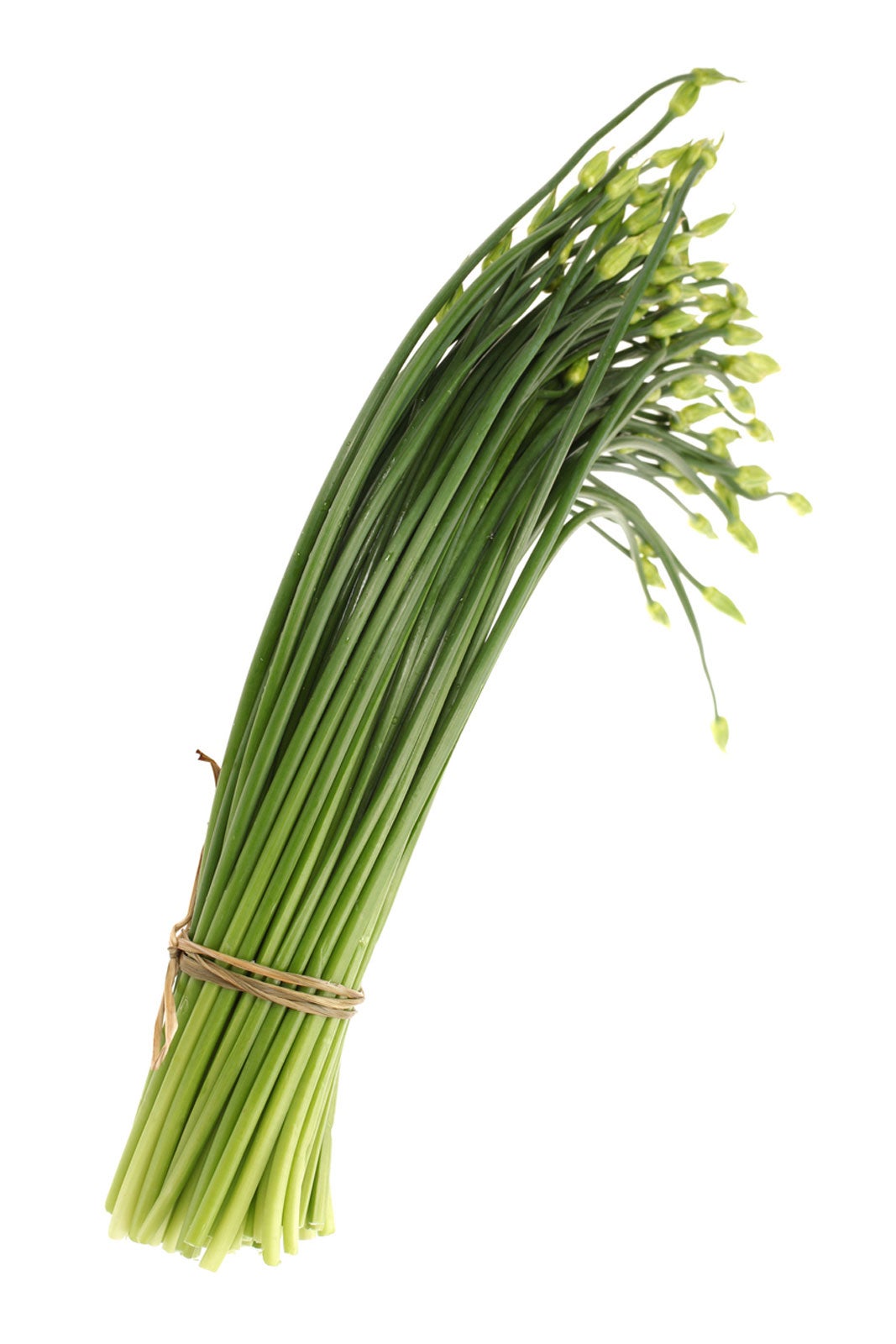 Care Of Garlic Chives - How To Grow Wild Garlic Chives Plants
Care Of Garlic Chives - How To Grow Wild Garlic Chives PlantsGarlic chives look like an onion chive but taste like garlic. So what are garlic chives and how do they differ from ordinary garden chives? Learn more about the herb and how to grow it in this article.
-
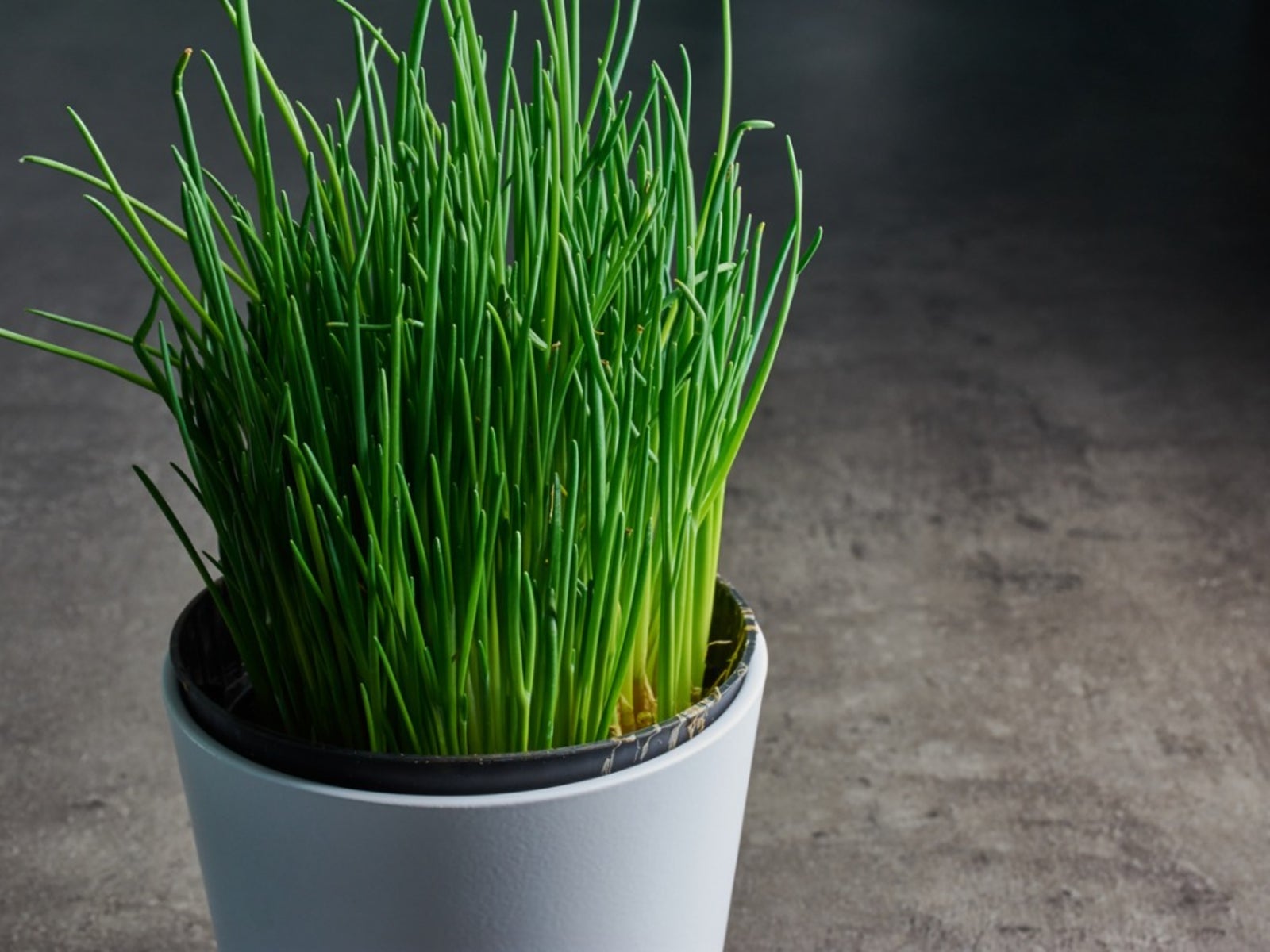 How To Grow Chives Indoors
How To Grow Chives IndoorsGrowing chives indoors make perfect sense so that you may have them near the kitchen. Read this article to learn more about how to grow chives indoors so you can have easy access to the plant year-round.